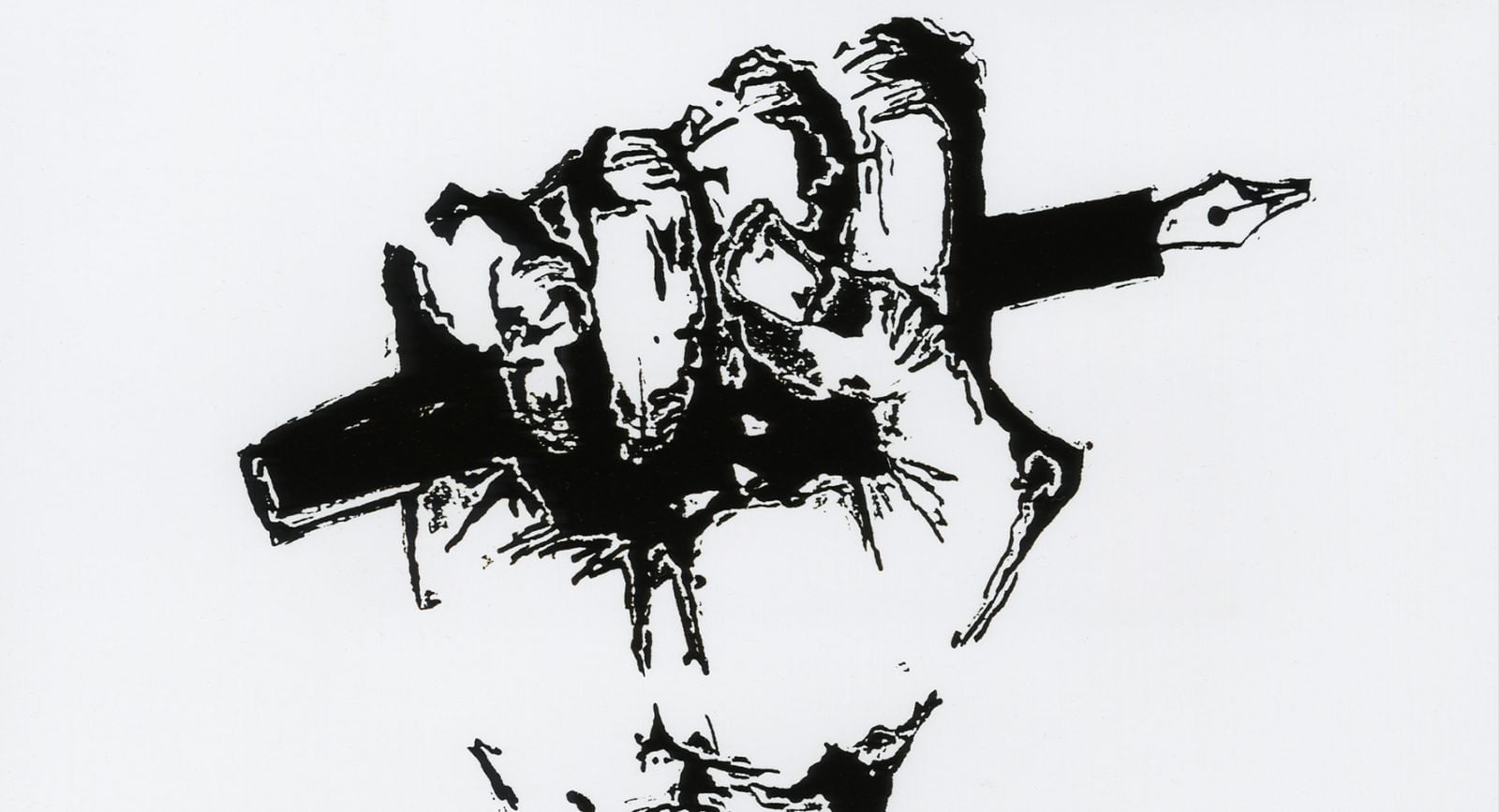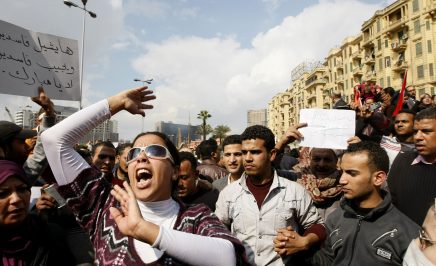Oman’s authorities have carried out a string of journalist arrests in recent weeks signalling a growing crackdown on freedom of expression in the country.
Three journalists from Azamn daily newspaper have been detained in connection with an article highlighting allegations of corruption in the Omani judiciary published on 26 July. The most recent arrest of the Deputy Editor in Chief, Youssef al-Haj, took place yesterday. Shortly afterwards, Oman’s Ministry of Information ordered the shutdown of the newspaper and its online news site.
“It appears that the journalists from Azamn are being punished for carrying out their legitimate journalistic work. Criticizing the judiciary or reporting allegations of suspected corruption is not a crime. If they are being detained solely in connection with their journalistic work, Oman’s authorities must immediately release them,” said Magdalena Mughrabi, Deputy Director of Amnesty International’s Middle East and North Africa Programme.
“Criticizing the judiciary or reporting allegations of suspected corruption is not a crime.”
Magdalena Mughrabi, Amnesty International
“The arrests appear to signify a worrying escalation of the authorities’ clampdown on freedom of expression. The message to journalists in Oman is clear: criticizing the judiciary is off limits.”
It is unclear whether the detained journalists have been charged or the nature of charges they may face.
“The message to journalists in Oman is clear: criticizing the judiciary is off limits.”
Magdalena Mughrabi, Amnesty International
The article in question, published in Azamn newspaper on 26 July, accused the Head of Oman’s Supreme Court and the Chairman of the Judicial Council of intervening in the outcome of verdicts on behalf of influential officials.
Two days later, the Editor in Chief of the newspaper Ibrahim al–Maamari was summoned by the authorities and detained for questioning. Oman’s Ministry of Information warned that the publication could be shut down if it continued to report on corruption allegations.
The following week, on 3 August, Azamn journalist, Zaher al-Abri, was detained. Since then, Youssef al-Haj, Deputy Editor in Chief, published a series of articles based on exclusive interviews with the Vice-President of Oman’s Supreme Court, Ali al-No’mani, confirming allegations of corruption made in the earlier article. The latest of these articles was published on 9 August and Youssef al-Haj was arrested the same day at noon. His brother later confirmed that he had received a call from Youssef al-Haj, stating that he was being held at the headquarters of the Police Special Section in Muscat (al-Qism al-Khas) and would be transferred to a police hospital due to ill-health.
Oman’s state news agency published a statement, citing an unnamed government source, describing the articles about corruption as “a flagrant violation of the limits and ethics of freedom of expression” warning that the articles were damaging to one of the country’s most important institutions.
“If Oman’s authorities wish to show they have even the most basic understanding of freedom of expression, instead of unlawfully detaining journalists they should be working to ensure that all journalists are free to carry out their legitimate work without fear of reprisal or harassment,” said Magdalena Mughrabi.
“If Oman’s authorities wish to show they have even the most basic understanding of freedom of expression, instead of unlawfully detaining journalists they should be working to ensure that all journalists are free to carry out their legitimate work without fear of reprisal or harassment.”
Magdalena Mughrabi, Amnesty International
In an earlier incident involving journalist arrests, al-Mutasam al-Bahlani, Editor in Chief of the e-magazine “al-Falaq”, was detained on 25 July in connection with tweets he had posted about Oman’s Renaissance Day. He was released two days later on 27 July.





